Nervous About What You Don't Know? Grab Your Friends and Plan a Workshop
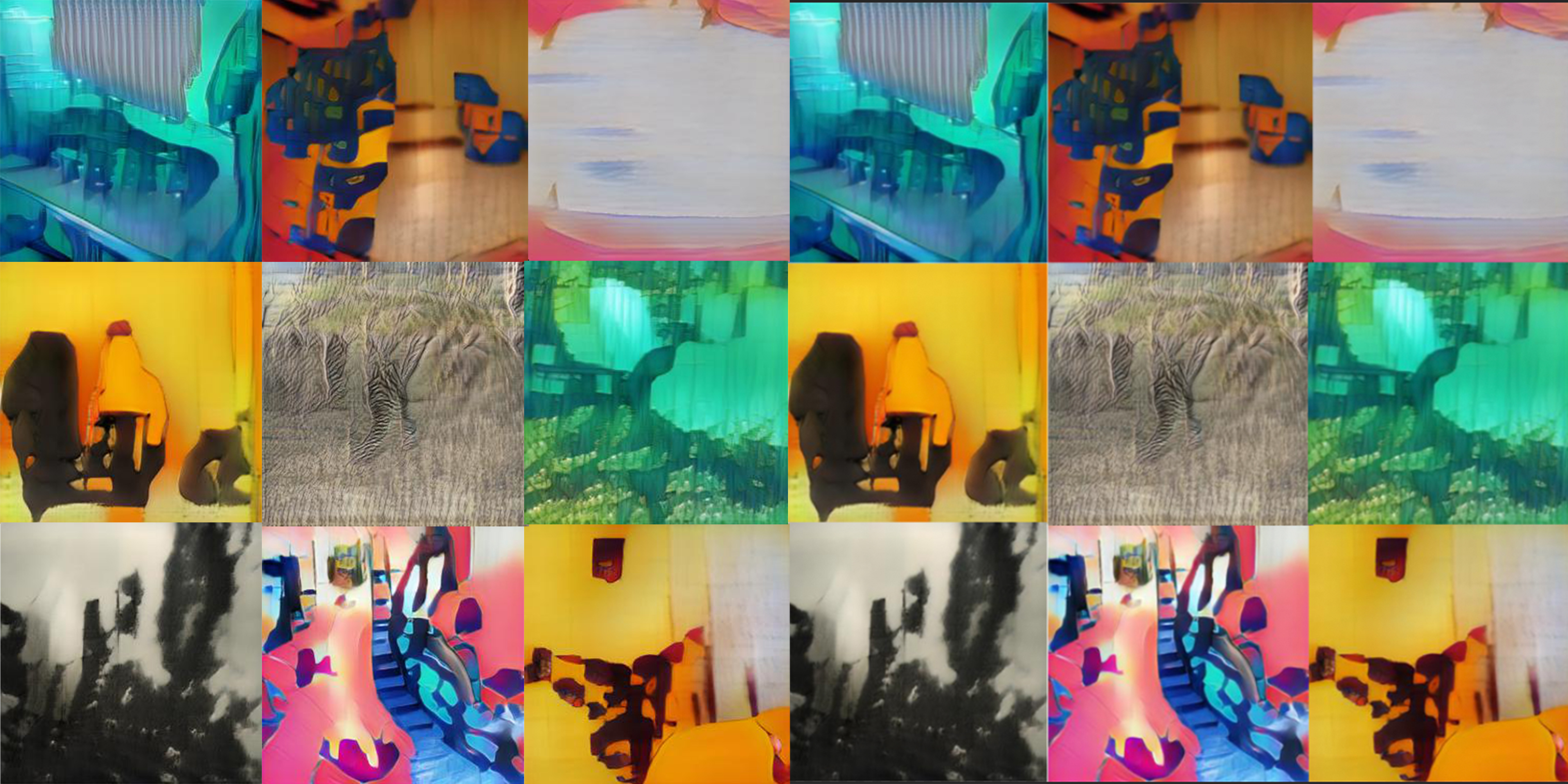
In our day-to-day work as designers, we stumble upon a lot of buzzwords: deep learning. Convolutional neural networks. Artificial intelligence. Staying up to date with new technologies is one thing, but understanding how to apply them is another. And personally, it's something the two of us are a little intimidated to tackle on our own.
When doubt creeps in, it's easy to continue with the process or the tool that we know best. But as designers, we have an opportunity to be a part of the conversation around how these new technologies will shape the world around us—and in order to do that, we have to know how they work.
IDEO designers often learn best by getting our hands dirty and making things, so we decided to invite the IDEO interaction design community to a two-day machine learning workshop to get our bearings. Our key question in building out the workshop was simple: How might we create a safe space to prototype, play with, and test new machine learning technologies?
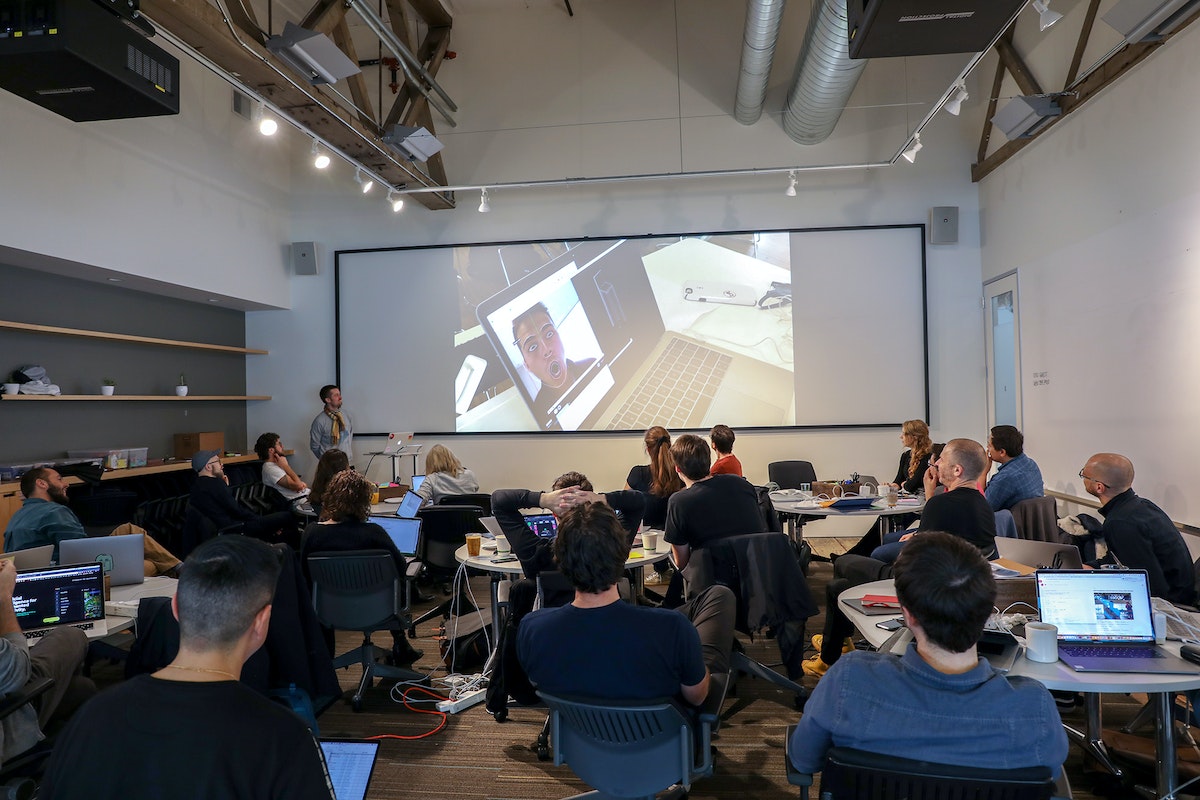
The first day focused on inspiration, explanation, and experimentation. On the second day, we divided everyone up into teams and took a crack at using our new tools to get building. We discovered the value of bringing designers together to learn something new (and a little scary), but we also learned a lot about planning a workshop. Here are some principles that could help you next time you want to bring people together to dive into the unknown.
Have experts in the room
We invited Andreas Refsgaard and Gene Kogan, two artists and creative coders, who work specifically with machine learning. Gene even wrote a book that helps artists and designers start playing with the tools of the trade.
Andreas and Gene have been leading machine learning workshops for the past four years. They're experts at explaining complex tools to people of all technical backgrounds, and they were there to answer any questions that came up along the way.
Including experts makes people feel that the workshop is legit and ensures everyone gets the support they need to learn and build. If you're trying something brand new (like we were), reach out to an expert to get some tips and tricks to ensure your learning experience is successful. Without Andreas and Gene, our workshop couldn't have happened.
Be persistent
Once Andreas and Gene helped us put together our workshop content, we faced our biggest challenge: How do we convince a bunch of people to drop everything they're doing and attend a two-day workshop? 50+ emails and many rounds of confirmations later, we finally had more than 20 of our colleagues agree to make time for our session.

By the end of the day, the benefits of gathering in this way were clear: people had created full-on prototypes that could recognize disco moves or the difference between two friends. Setting aside the time to actually build, fail, and repeat was invaluable. We all have busy workdays, but making room for this kind of experimentation gave everyone a zing of new energy.
Turns out, if you bug people, they'll actually set aside the time and come to your workshop—and they'll probably have a good time, too. Use whatever communication channels you have to remind people: Slack, email, carrier pigeon, skywriting. When possible, share the agenda ahead of time. If folks know what they're going to get out of their time, they're more likely to RSVP yes.
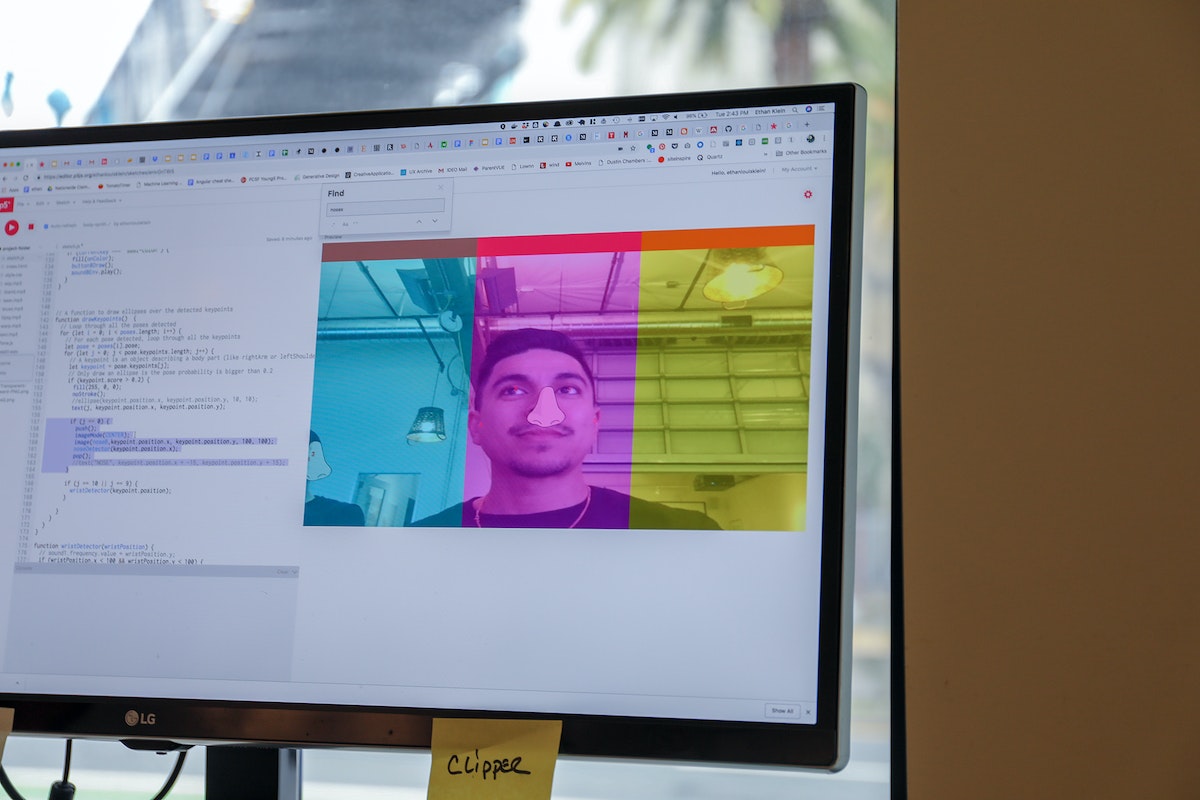
Harness the power of collaborating within your community
The second day, we dove right back into building and quickly broke into our teams. As interaction designers, we’re often siloed—we’re usually the one interaction designer on a multidisciplinary team. But working on a team of other interaction designers has great benefits: You have a similar way of thinking and can bounce ideas off each other in unique ways.
There’s also something powerful about working on a creative project just for the sake of creating and learning. At IDEO, we often work on projects that have the potential to really impact people’s lives—in the worlds of healthcare, mobility, financial services. On the flipside, this workshop gave us the chance to make something truly weird and to not be afraid to fail in doing so.
Almost every project was full of funny glitches and nearly all of them were ridiculous—like a tug-of-war game where people had to meow and bark, and a game of ping pong controlled with your nose. Revolutionary stuff. This workshop gave us a break from our day jobs to work together and flex our craft-muscles in a way we don’t always get to.
The workshop structure sets the conditions for learning
By the end of the day, the eight teams created machine learning prototypes—but just a few days prior, many thought machine learning was totally out of their league. Without a thorough introduction to the topic and built-in time to get prototyping, it would have been hard to see these new skills come to fruition.
One participant said, “I had to step out of my current mind-box to realize that there are new possibilities I previously was not brainstorming.” Another said, “There were some really funny concepts that showed the power of simple programming combined with great ideas.”
There’s no way of sugarcoating it: Setting up a workshop is actually really hard, and a lot harder than we first thought. But once we got over our initial trepidation, we were able to give ourselves and our peers a unique chance to understand and play with a seemingly intimidating tool. Workshops are a framework that let us all show up as beginners. There’s comfort and power in this: We can ask questions, learn, and become stronger designers together.
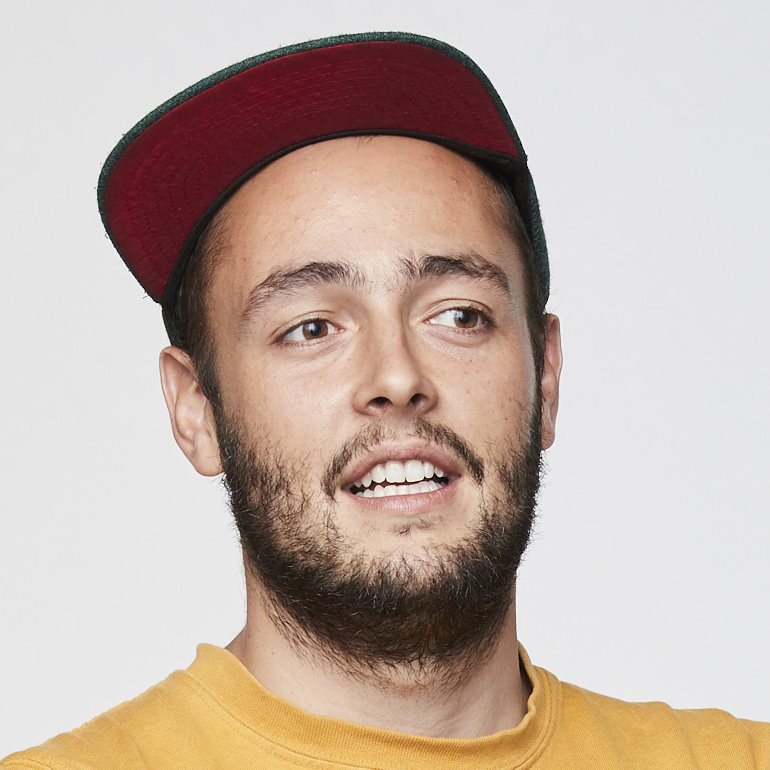
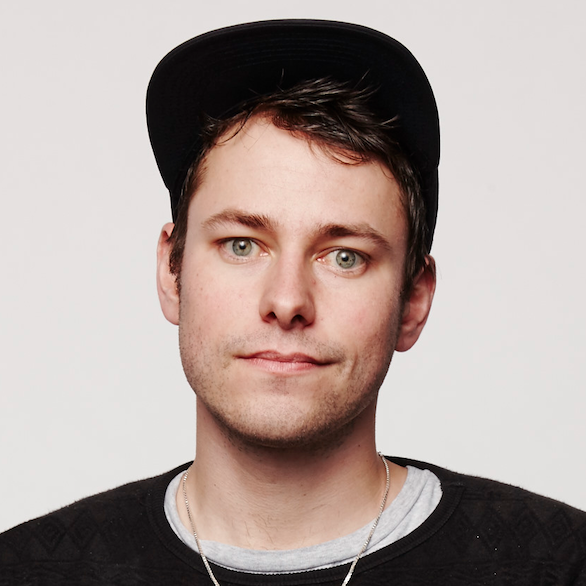
Subscribe to the IDEO newsletter
.jpg)



